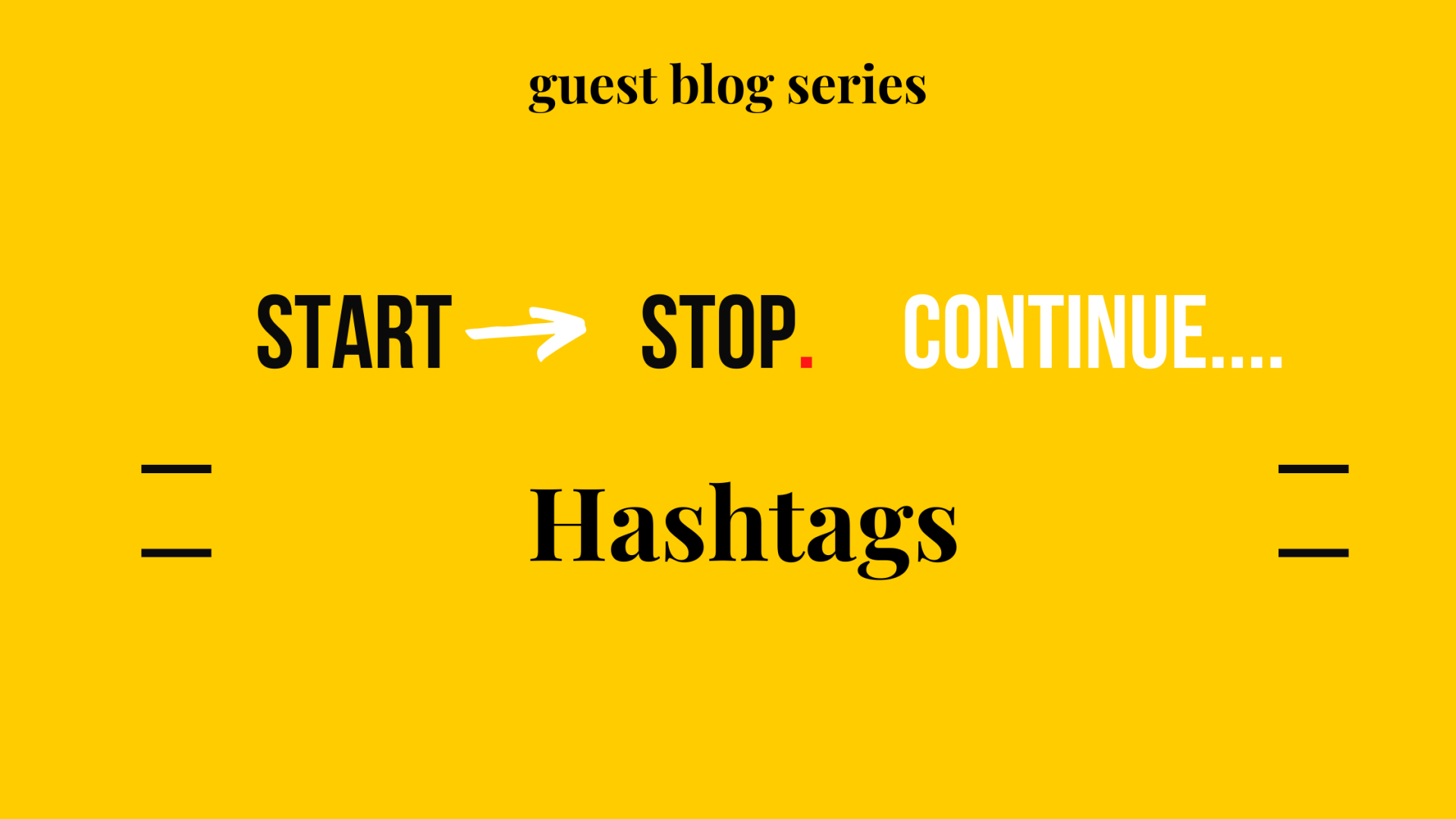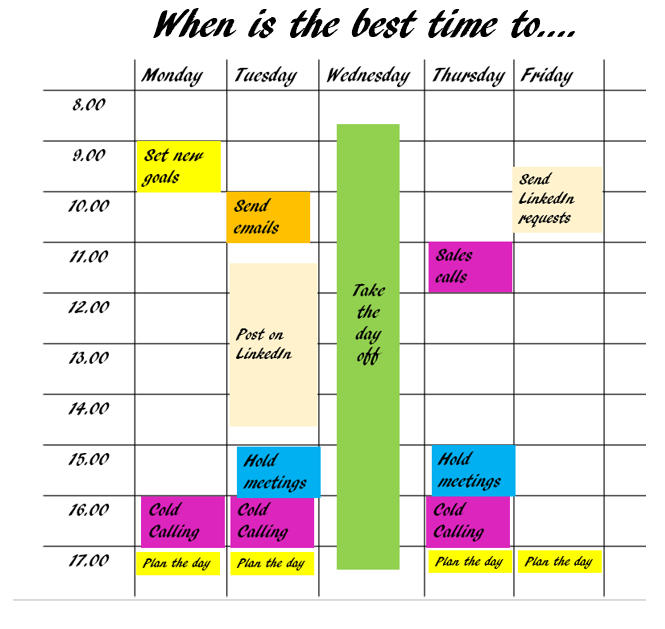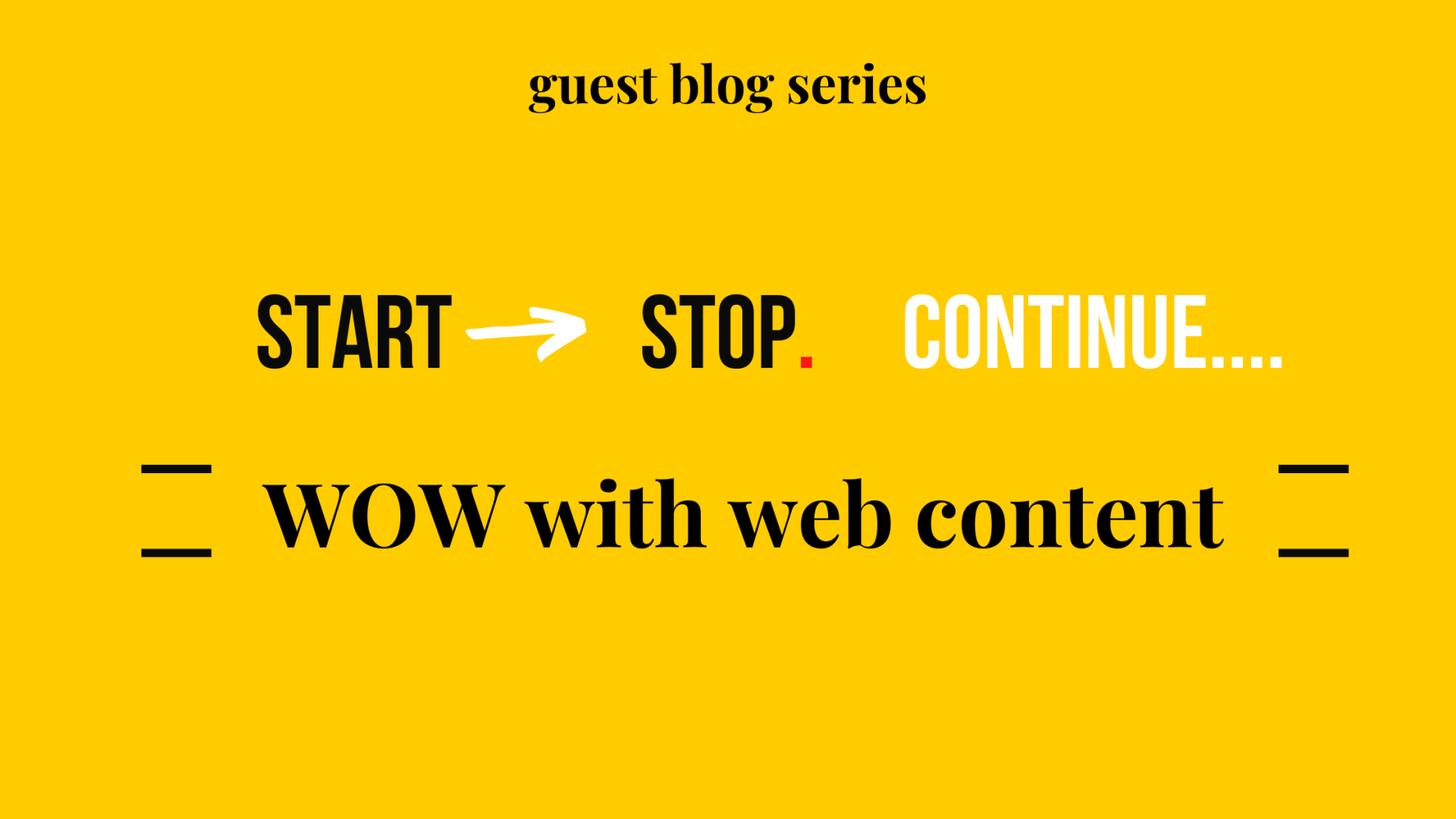What factors really make B2B buyers want to say 'yes'?
The 40 elements of B2B value
‘Thank you for your time, I am happy to answer any questions?
The sales presentation went well, you can meet the specification and the price is competitive.
We often focus on the ‘table stakes’
- Do we meet the specification?
- Is the price acceptable?
- Do we follow the required regulation?
- Do we meet the required ethical standards?
So why is this important?
How can I use this in my business?
Here are the 36 questions to identify market changing value
Start here with Functional values – Economic & Performance needs
Often the most visible opportunity for differentiation is within two functional areas; Economic and Performance.
- Could we improve our customers sales?
- Could we provide cost reductions?
- Could we provide additional functional quality in the
product/service?
- Could we support or enhance their scalability (their ability to
grow or handle an increasing amount of work)
- Could we provide or support innovation?
The next level covers aspects of 'Ease of doing business' – starting to build the relationship
These elements have been broken down into five groups, which enable you to build, nurture and extend the relationship between your organisations
How can you help your customers -
Productivity
- To save time either for individual users or the organisation
overall?
- To get things done with less effort?
- To avoid or reduce hassles?
- By providing reliable and trusted information?
- By providing a clearer view into their own organisation?
Operational
- To be become more organised?
- To reduce complexity or keep things simple?
- By connecting them with others internally or externally to
the organisation?
- By integrating your products/services with other aspects of
the business?
Access
- By ensuing availability when and where it is needed?
- By providing range or variety?
- By providing products/services that can be configured to
their specific needs?
Relationship
- Responding promptly & professionally to their needs?
- Providing expertise in the customers industry or markets?
- Show we are committed to the customers success?
- Demonstrate stability for the foreseeable future?
- Demonstrate a good cultural fit between your organisations and individuals?
Strategic
- Protect the customers against risk or loss?
- Allow the customer to extend their reach into new
geographies or market segments?
- Demonstrate flexibility, providing customised
products/services or support?
- Enable improvements in the quality of the
customers own products/services?
Person to person the Individual values – addressing the emotional needs of the buyer
Despite the formalities of the process consider your buyer as a person, what do they care about?
They will have career ambitions, whilst outside of work they will have personal values, aspirations and worries.
How can you support your buyer -
Personal
- providing something attractive/aesthetically
pleasing?
- through personal growth &
development?
- to reduce their anxiety?
- provide fun/entertainment or personally valuable
perks?
Career
- expand/support their professional network?
- enhance their personal marketability?
- enhance their own reputation?
and finally Inspirational values – seeing beyond the transaction towards achieving their higher purpose
Individually or as an organisation they will have a longer term mission or purpose which acts a guiding principle in their business.
- How can we help to anticipate the future direction of their
markets?
- How can we give buyers and users hope for the future of the
organisation?
- How can we help them to be more socially responsible?
This model serves as a reminder that, despite the formality of the B2B buying process, behind the scenes organisations have ambitions, and the individuals have hopes and fears - if you can deliver on some of those priorities that could be the deciding factor.
Find out more at www.thepositivepen.co.uk or call 07505 120051 and Follow her on twitter https://twitter.com/thepositivepen
















